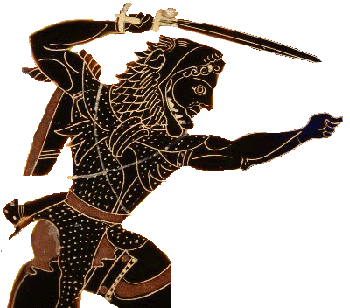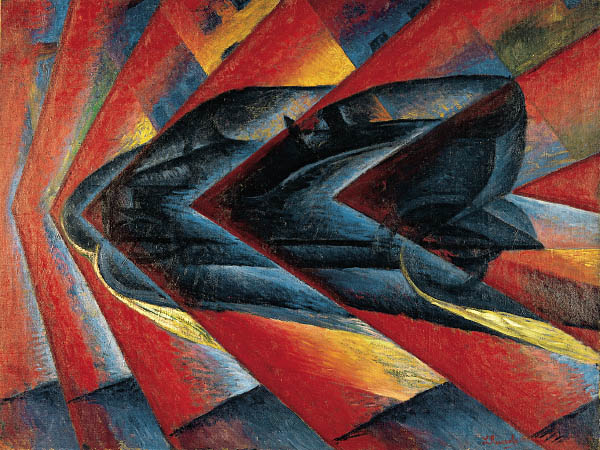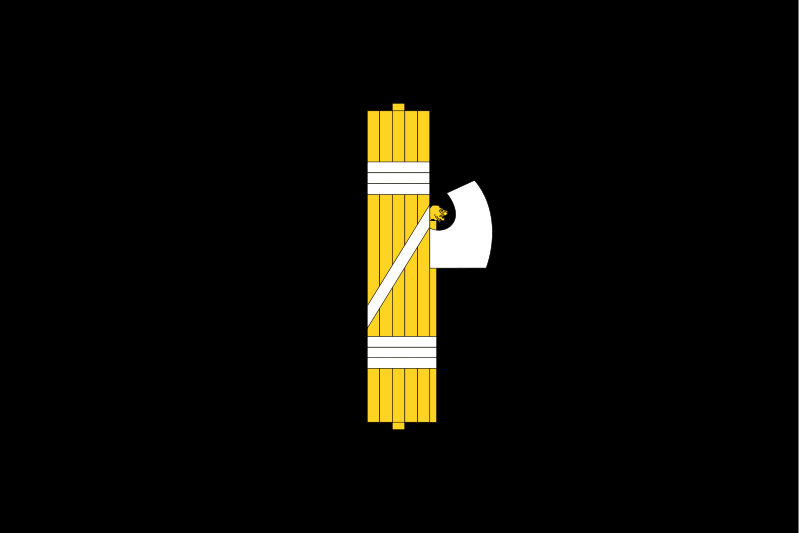
|
Story’s good guy/bad guy makes bad politics makes history’s winners and losers |
|
|
Mythology’s heroes and monsters makes bad politics makes war’s victors and vanquished |
Identity’s self and other makes bad politics makes drama’s protagonist and antagonist |
|
Religion’s pure and polluted makes bad politics makes medicine’s health and disease |
|
|
Morality’s good and evil makes bad politics makes conscience’s guilt and innocence |
Theology’s God and creation makes bad politics makes art’s creator and spectator |
|
The tribe’s kin and stranger makes bad politics makes diplomacy’s ally and adversary |
|
|
Territory’s inside and outside makes bad politics makes nation’s citizen and alien |
Domination’s master and slave makes bad politics makes class’s rich and poor |

|
Desire’s means and ends makes bad politics makes materialism’s matters and doesn’t matter |
|
|
Perception’s visible and invisible makes bad politics makes computers’ computable and uncomputable |
Aesthetics’ beautiful and ugly makes bad politics makes science’s order and chaos |
|
Technology’s faster and faster makes bad politics makes civilization’s progress or else |
|
|
Economics’ profit and loss makes bad politics makes fashion’s novelty and obsolescence |
Capitalism’s producers and consumers makes bad politics makes communism’s capitalists and proletarians |
|
Dualism’s black and white makes bad politics makes duty’s should and shouldn’t |
|
|
Opinion’s orthodox and heterodox makes bad politics makes democracy’s majority and minority |
Jurisprudence’s justice and injustice makes bad politics makes the law’s crime and punishment |

|
Number’s one and many makes bad politics makes aristocracy’s elite and masses |
|
|
Time’s ephemeral and eternal makes bad politics makes eschatology’s mundane and transcendent, life and afterlife |
Thinking’s clear and obscure makes bad politics makes education’s knowledge and ignorance, distinct and confused, teacher and student |
|
Ontology’s mind and body makes bad politics makes government’s leader and follower |
|
|
Logic’s same and different makes bad politics makes gender’s man and woman |
Epistemology’s consistency and contradiction makes bad politics makes reason’s rational and irrational |
|
Language’s affirmation and negation makes bad politics makes belief’s true and false |
|
|
Grammar’s subject and object makes bad politics makes the will’s active and passive |
Metaphor’s above and below makes bad politics makes comparison’s better and worse |

|
|
||
|
Priests and politicians have always relied on the mystique, the mystifications of story. |
Has there ever been a
politics without storytelling? (Politicians as
fabulists—fabulation perhaps more fundamental to
politics than rhetoric.) |
The story of mass media—how the masses came to be enthralled by the convergence of technology and story. |
|
Telling touching stories is not politics. |
Is there a correlation between the mass consumption of narrative and political passivity? |
Narrative as narcosis. |
|
The genius of narrative for moving the masses. |
|
The empire of story. |
|
|
|
|
|
the story |
||
|
Story is political from
beginning to end. |
From Narrative Conflict to
the Politics of Control The objectification of the
self in narrative » The projection of the other in
politics Narrative investment
in conflict » Political justification of social
control |
The strife of animals is nonnarrative; that is why they do not know war. (War a master narrative of politics.) |
|
Could the masses'
dependence on (one might even say addiction to)
narrative be inimical to democracy? |
Behind the apparent multiplicity of story, the domination of a few master narratives, narratives whose deployment in politics impoverishes political discourse. |
But perhaps democracy has always depended on fabulation, on the power of a privileged minority to control the stories consumed by the masses. |
|
In late capitalism, the consumption of narratives has become entangled with the consumption of commodities. When we consume commodities, we are also consuming narratives, and conversely. (Mass consumption as mass narcosis.) |
|
The fearsome power of stories to produce consensus. |
|
|
|
|
|
the story |
||